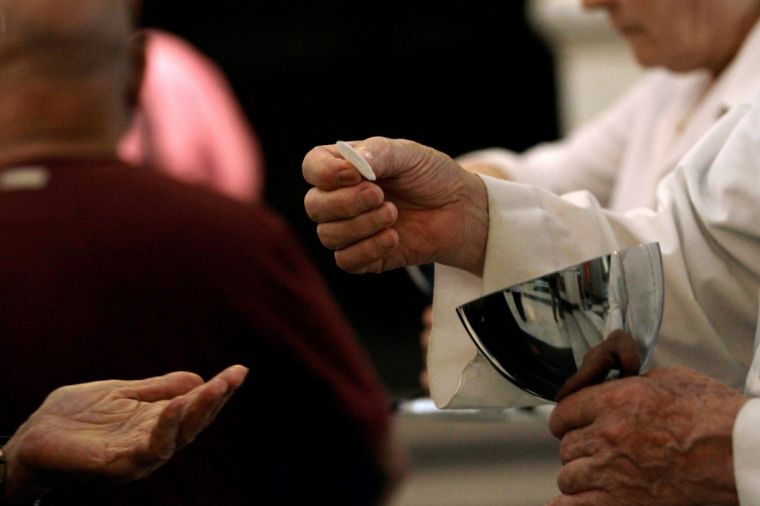Value of Christianity should not be confused with community projects

David Cameron's praise for the Christian faith in the past week is "welcome recognition" but one bishop warns that the distinctiveness of Christianity should not be confused with acts of service.
In his homily on Easter Sunday, Bishop Mark Davies will commend the Prime Minister for his "brave acknowledgement" of Christianity's value in the face of an "increasingly intolerant secularism seeks to impose its grim orthodoxy on society".
While welcoming Cameron's comments, however, the Catholic Bishop of Shrewsbury will remind the faithful of Pope Francis's recent assertion that the Church is more than an NGO.
"The difference Christianity makes must not simply be confused with the effectiveness of community projects and the generous spirit of service which Christian faith certainly inspires," he will say.
Rather, he will say that the Church's primary calling is to confess Jesus Christ.
"So many good works flourish in our society today because they are rooted, built on Christian faith," he will say.
However, the bishop will voice fears that the dwindling affiliation to Christianity in Britain is leading to confusion on issues of conscience.
Without faith in God, he will say, respect for the sanctity of human life and people's God-given dignity "cannot long survive".
Specifically he will raise concerns about the Bill on legalising assisted suicide coming before Parliament in a few weeks.
"Today in our country many consciences struggle amid the shadows as they try to distinguish between good and evil in everything which concerns the value of human life itself," he will say.
"This Bill will seek to change long-established laws which uphold the sanctity of human life and protecting some of the weakest in society. It is hard to understand that, at a time when there has been so much public concern about the care of the most vulnerable in our hospitals and care homes, we would be contemplate weakening, rather than strengthening the legal protection offered to some of the weakest and most vulnerable."











